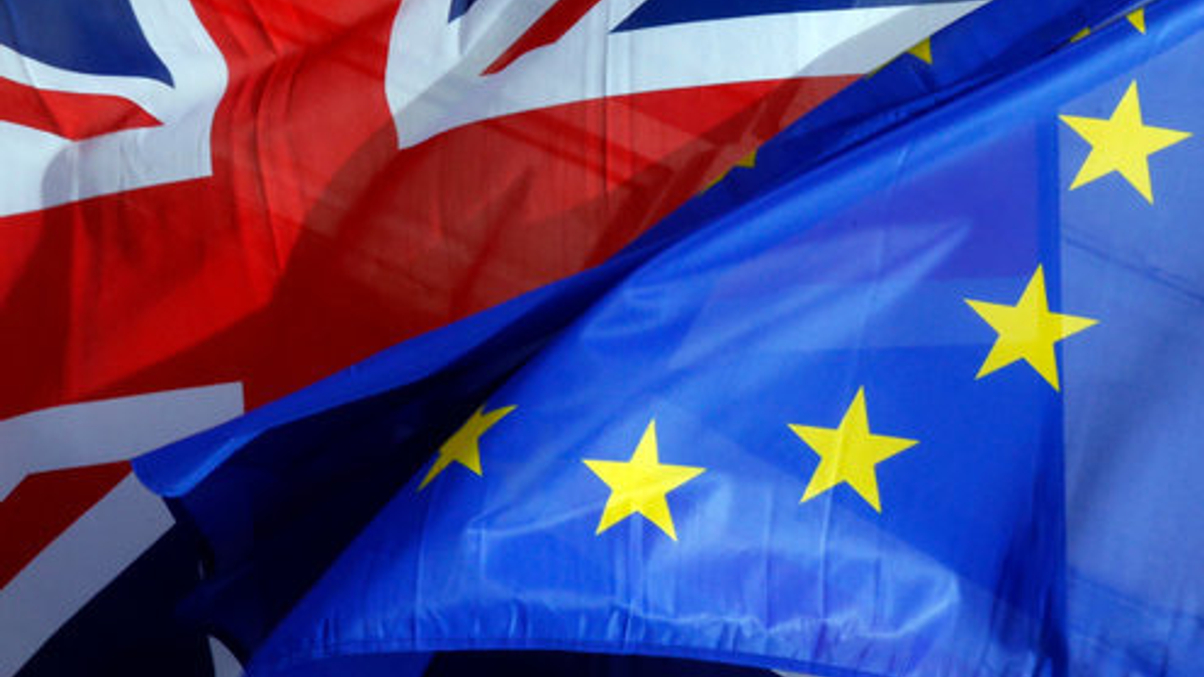Year of the Rooster: Why didn’t other nations leave the EU?
AsianInvestor looks back at our Year of the Rooster predictions made in early 2017. Today, why didn't any countries follow the UK’s decision to leave the European Union?

Back in the beginning of 2017, the world was still struggling with the idea of the UK opting to leave the European Union, and with a set of important elections across the region set to take place during the year, there were some real fears of it not being the only one.
Sign in to read on!
Registered users get 2 free articles in 30 days.
Subscribers have full unlimited access to AsianInvestor
Not signed up? New users get 2 free articles per month, plus a 7-day unlimited free trial.
¬ Haymarket Media Limited. All rights reserved.


